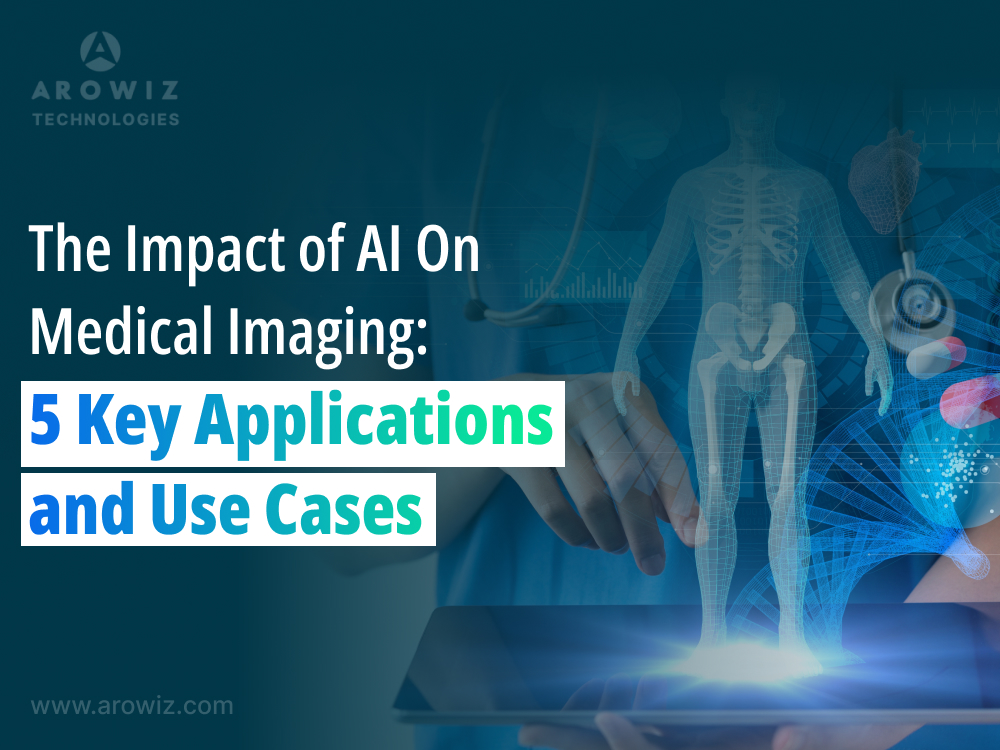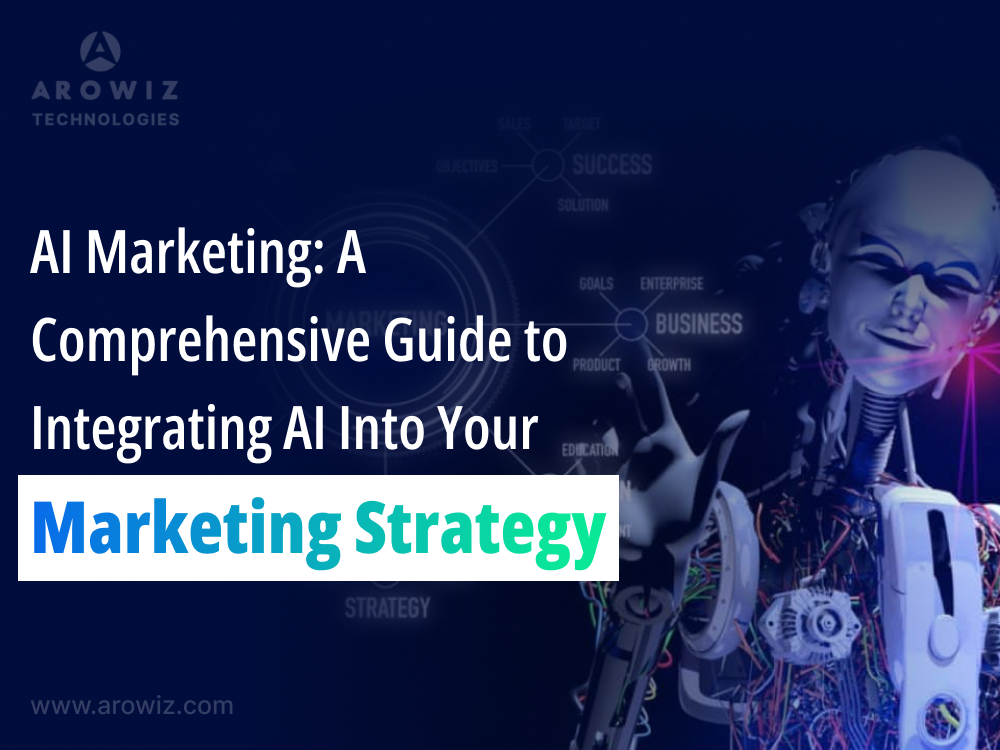Artificial Intelligence (AI) is a powerful tool in healthcare, especially in medical imaging. It helps doctors by quickly and accurately…
The Impact of AI on Medical Imaging: 5 Key Applications and Use Cases
admin
- June 11, 2024
4 min read

Artificial Intelligence (AI) is a powerful tool in healthcare, especially in medical imaging. It helps doctors by quickly and accurately analyzing large amounts of data. This improves disease detection, diagnosis, and treatment plans. Interested in learning more?
The Rise of AI in Medical Imaging: Trends and Predictions
A report by Mordor Intelligence says the AI market for medical imaging will grow by 30.4% from 2022 to 2027. This growth is due to an aging population and increased investment in healthcare.

Countries are investing in advanced and affordable healthcare services, boosting the market. AI in medical imaging is set to change how we detect diseases, make diagnoses, and personalize treatments, making healthcare more efficient and effective.
Supercharge your startup with our FREE MVP Guide E-Book
Download it now to kickstart your growth and turn your ideas into reality.
How AI is Used in Medical Imaging
1. Detecting Breast Cancer Breast cancer is very common among women. Traditional mammograms miss 1-in-5 cases. However, Google’s AI tool, LYNA, can detect breast cancer with 99% accuracy, according to The American Journal of Surgical Pathology.
2. Targeted Treatments Often, two experienced pathologists will only agree on a treatment plan 60% of the time. AI removes this uncertainty by using a data-driven approach, helping doctors identify cancer types and decide on the best treatment. This leads to personalized treatment plans tailored to each patient.
3. Predicting Heart Attacks AI can help predict future health issues. For example, combining AI imaging with clinical data helps doctors improve models that predict if a patient is at risk of a heart attack.

4. Spotting Brain Disorders MRI scans help diagnose brain conditions like Alzheimer’s and multiple sclerosis by showing signs of disease, such as lesions or shrinkage. AI can detect small changes in the brain that are hard for doctors to see, allowing early diagnosis and treatment.
5. Improving Surgery Outcomes AI helps surgeons plan their procedures better, reducing surgery time and improving results. This leads to safer and more successful operations.

5 Benefits of Using AI in Medical Imaging
1. Better Accuracy: AI analyzes medical images more accurately than humans, reducing mistakes and missed diagnoses. This improves patient outcomes and lowers healthcare costs.
2. Personalized Treatment
AI helps doctors create personalized treatment plans by analyzing medical images and other data. This leads to more effective treatments.

3 Faster Diagnoses
AI can quickly analyze large amounts of data, leading to faster and more accurate diagnoses. This helps doctors make timely decisions about patient care.
4. Lower Healthcare Costs
By improving diagnosis and treatment accuracy, AI helps reduce healthcare costs, which is crucial as costs rise and resources are limited.
5. Improved Workflow
AI automates routine tasks in medical imaging, like image analysis and report generation. This makes healthcare professionals more efficient, giving them more time to focus on patient care.

How to Use AI in Your Healthcare Company
AI has many uses in medicine and is advancing healthcare in many ways. If you want to learn more about the challenges in healthcare and how AI is solving them, watch our webinar on creating new business models with AI.

Supercharge your startup with our FREE MVP Guide E-Book
Download it now to kickstart your growth and turn your ideas into reality.
For help with medical image processing, contact us directly. Our team has a strong background in healthcare and would love to share our expertise with you.
Tags
- aiMedical Imaging
Our New Letter
Get productivity tips delivered straight to your inbox
Ready for more?

Arowiz Technologies is a Central India-based customer Centric software development & Expert IT Staff Augmentation company ...
FOR JOBS
hr@arowiz.comFOR SALES
sales@arowiz.comMARKETING / BLOGS
info@arowiz.comGET CONNECTED
Top Industry
About Us
Top Services
Hire Expert Developers
- AI / ML Developers
- Blockchain Developers
- DevOps Developers
- Web3 / Gaming Developers
- Full Stack Developers
- AR / VR – Meta Developers
- Python Developers
- Solidity Developers
- Node.js Developers
- ReactJs Developers
- Next.Js Developers
- Flutter Developers
- React Native Developers
- Golang Developers
- Mobile App Developers








